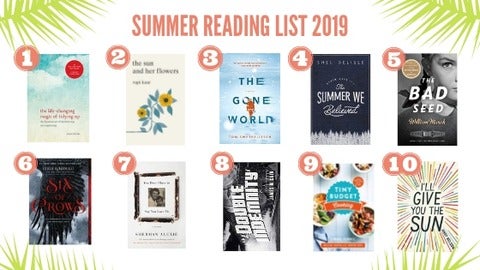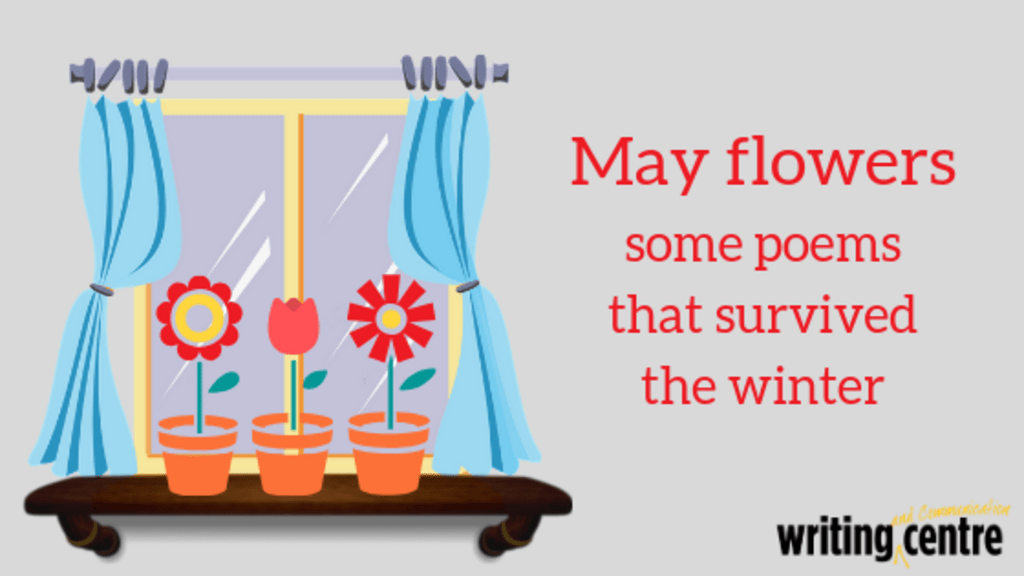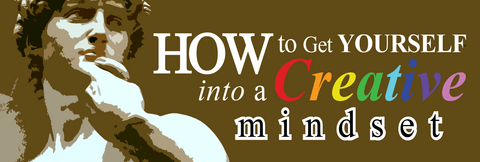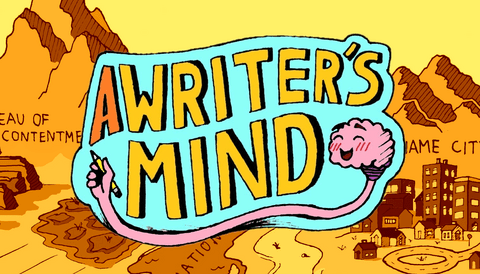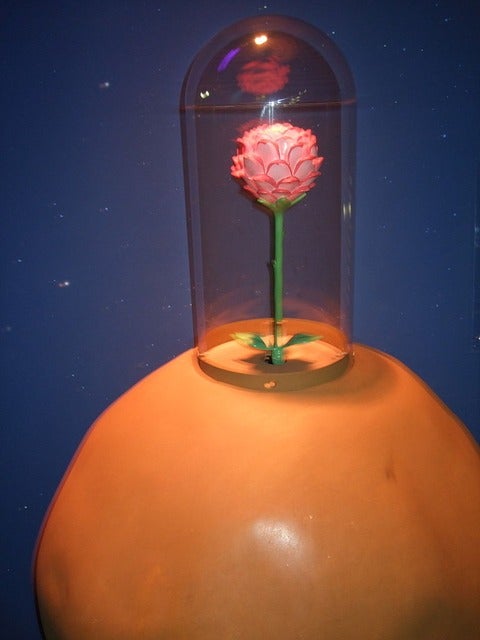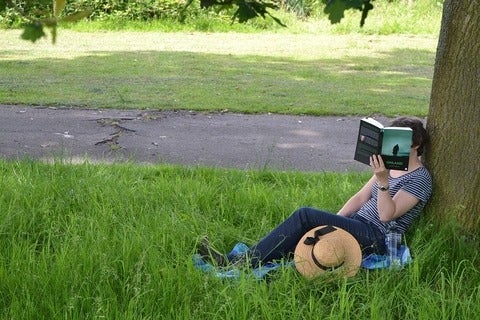Entering the coming-of-age world one plot-point at a time
Think back in time to the you who was fresh out of high school, with the world at your feet and the presence of the unknown looming over your head. Now think about the you of today, of the person you’ve become and the milestones you’ve achieved to get to this point time. The in-between of then and now is your own personal story full of twists, turns and hurdles. All the places you’ve been, the connections you’ve made, and the knowledge you’ve acquired can all be classified under one genre: coming-of-age.

